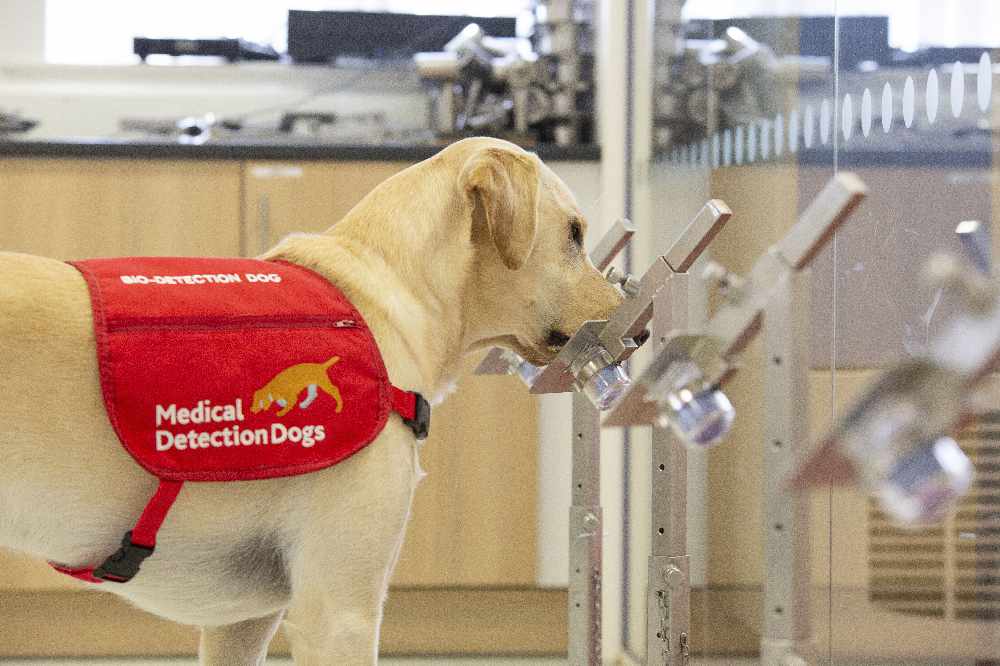
East Cheshire NHS Trust staff are playing a vital role in a major trial to see if bio-detection dogs can sniff out coronavirus in humans.
The trial, led by the London School of Hygiene & Tropical Medicine (LSHTM) in collaboration with the charity Medical Detection Dogs and Durham University, will determine whether dogs could be used as a new rapid, non-invasive diagnostic tool for the virus. The first phase is funded by the Department for Health and Social Care (DHSC).
Before the dogs can be put through their paces, the researchers require samples for these super sniffers to carry out their work, and that’s where East Cheshire NHS Trust staff come in.
The researchers are collecting samples from volunteer NHS staff and members of their households from 11 NHS trusts (as of August 2020), who are due to be tested for COVID-19. These staff members are likely to be being tested because they have symptoms, but could also be part of the hospital’s regular asymptomatic testing policy. The research team aim to recruit at least 3,500 staff members to provide samples, with a target of collecting 1,000 samples – 325 positive and 675 negative – in order to confidently ascertain if these dogs can accurately detect the disease.
So far, East Cheshire NHS Trust has 5 staff signed up to provide samples of breath and body odour by wearing a mask for three hours, and nylon socks and a t-shirt for twelve hours, as well as taking a swab test to identify if they are infected with COVID-19.
Dr John Hunter, Medical Director at East Cheshire NHS Trust said, “We’re delighted that we’ve been given the opportunity to help determine whether bio detection dogs can play a role in the fight against COVID-19. Accuracy is essential so this trial will tell us whether these dogs can reliably detect the virus and help us prevent its spread.”
Once the samples have been collected, they are taken to LSHTM, where they are being processed and analysed to identify compounds in odour that signify when someone is infected with COVID-19. They are then sent to MDD’s training centre in Milton Keynes where the dogs will undergo training with the samples.
Having previously shown that dogs can sniff out malaria in people, LSHTM, Medical Detection Dogs and Durham University are eager to start testing them out with COVID-19 samples. They are dedicated to making sure the trial is thorough and safe for all involved, with the dogs undergoing intensive pre-training.
Should the trial be successful, these dogs could be deployed to key points of entry in the UK within six months to assist with the rapid screening on people travelling from abroad – with the potential of screening up to 250 people per hour.
Project lead Professor James Logan, Head of the Department of Disease Control at the London School of Hygiene & Tropical Medicine, said: “A huge thank you to NHS staff and their families who are supporting this vital research. If successful, this trial could revolutionise how we diagnose the virus, leading to the rapid screening of high numbers of people, even if asymptomatic, helping return our lives back to some sort of normality.”
Claire Guest, CEO and Co-Founder of Medical Detection Dogs, said: “Samples provided by NHS staff and their families will be key to the success of this trial and we’re very grateful to everyone who is supporting the project in this way.
“Our dogs have already successfully detected different types of cancer, Parkinson’s and malaria among other diseases which affect millions of people around the world. We are very proud that a dog’s nose could be part of a solution to find a fast, non-invasive way of diagnosing COVID-19 and make a tangible difference to any future pandemics. We look forward to sharing the news that the dogs can find the odour of the virus and the accuracy levels they achieve.”
Professor Steve Lindsay, from the Department of Biosciences at Durham University, said: “If we can show that our trained dogs can identify people carrying the virus, but who are not sick, it will be a game changer. We will then be able to scale-up the use of dogs at ports of entry to identify travellers entering the country with the virus. This could be very important to help prevent a second wave of the epidemic.”
If you are a member of staff at East Cheshire NHS Trust and interested in taking part in the study, please contact ecn-tr.integratedresearch@nhs.net
For more information about the trial, please visit https://www.lshtm.ac.uk/research/centres-projects-groups/using-dogs-todetect-covid-19 .


 Nantwich Food Festival – A wonderful Food Festival with great live Music
Nantwich Food Festival – A wonderful Food Festival with great live Music
 Appeal for witnesses and footage following collision in Winsford
Appeal for witnesses and footage following collision in Winsford
 Crewe county lines drug dealer jailed
Crewe county lines drug dealer jailed
 Council launches four new community grants to empower local change
Council launches four new community grants to empower local change
 Crewe drug dealer jailed after being caught red handed by detectives
Crewe drug dealer jailed after being caught red handed by detectives
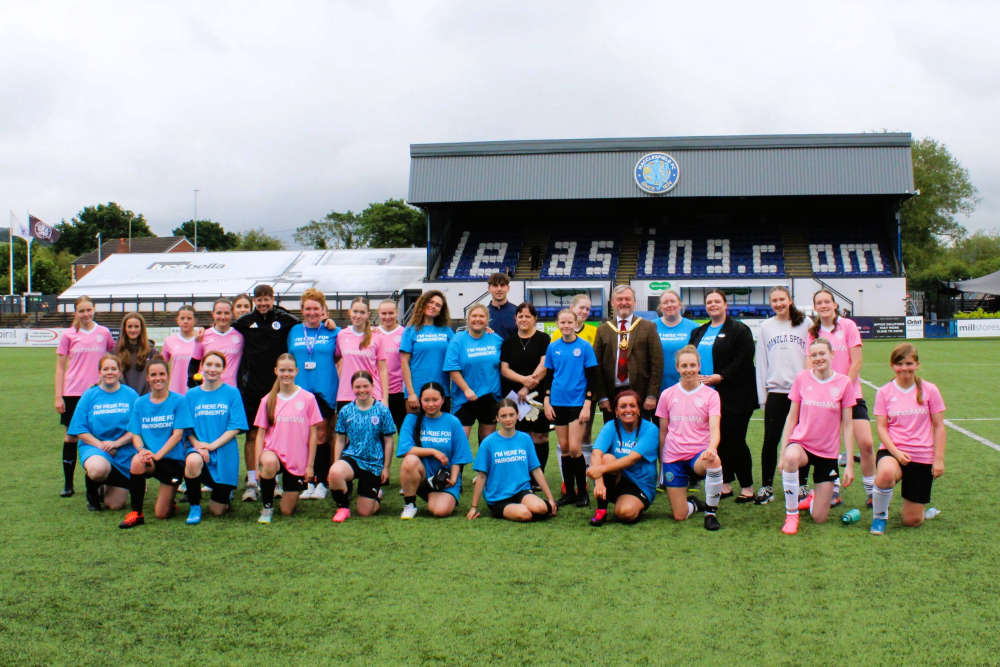 ‘Kick4Alzheimers’ charity football match at Macclesfield FC
‘Kick4Alzheimers’ charity football match at Macclesfield FC
 Official opening of new NHS surgical centre in Northwich
Official opening of new NHS surgical centre in Northwich
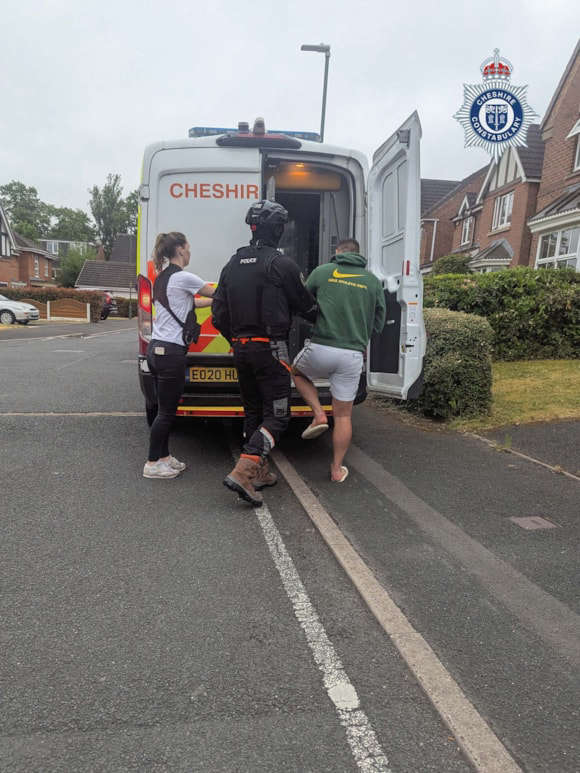 Cheshire police arrest four people in the Midlands in relation to million-pound burglary series
Cheshire police arrest four people in the Midlands in relation to million-pound burglary series
 Community boxing club gets Constabulary and Crimebeat boost
Community boxing club gets Constabulary and Crimebeat boost
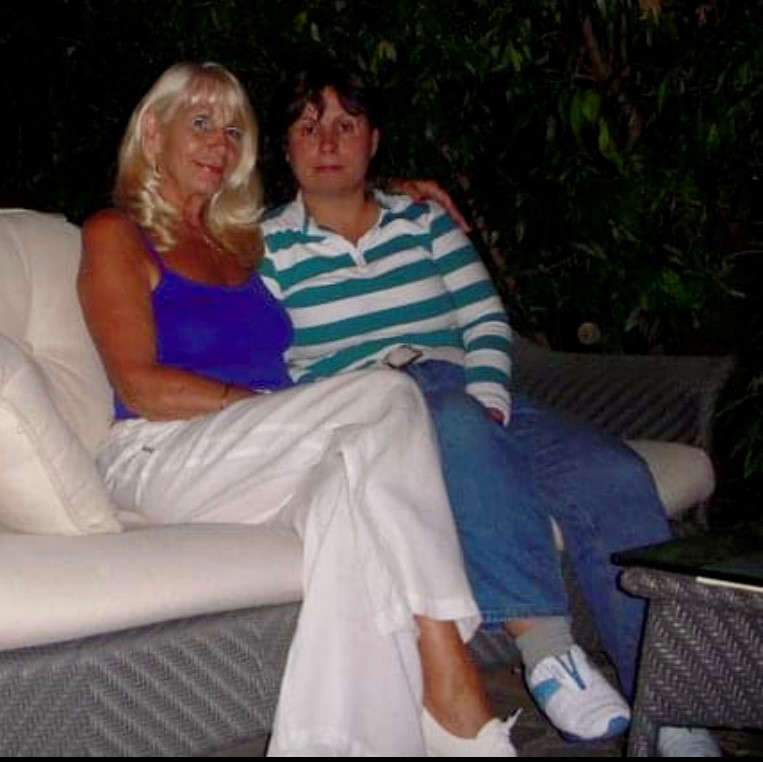 Donna set for Kilimanjaro climb in aid of Macclesfield Hospital’s Emergency Department
Donna set for Kilimanjaro climb in aid of Macclesfield Hospital’s Emergency Department
 Nantwich Food Festival shortlisted for prestigious award
Nantwich Food Festival shortlisted for prestigious award
 RSPCA’s Bark in the Park
RSPCA’s Bark in the Park
 Ninja Sword amnesty launched ahead of legislation change
Ninja Sword amnesty launched ahead of legislation change
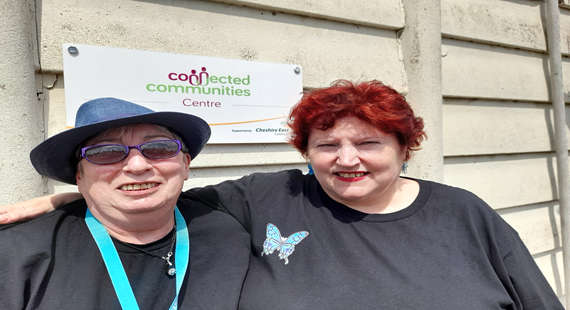 Finding hope and connection inside Crewe’s ConNEXTions recovery hub
Finding hope and connection inside Crewe’s ConNEXTions recovery hub
 Man charged following armed robbery in Crewe
Man charged following armed robbery in Crewe
 Man charged following police collision in Haslington
Man charged following police collision in Haslington
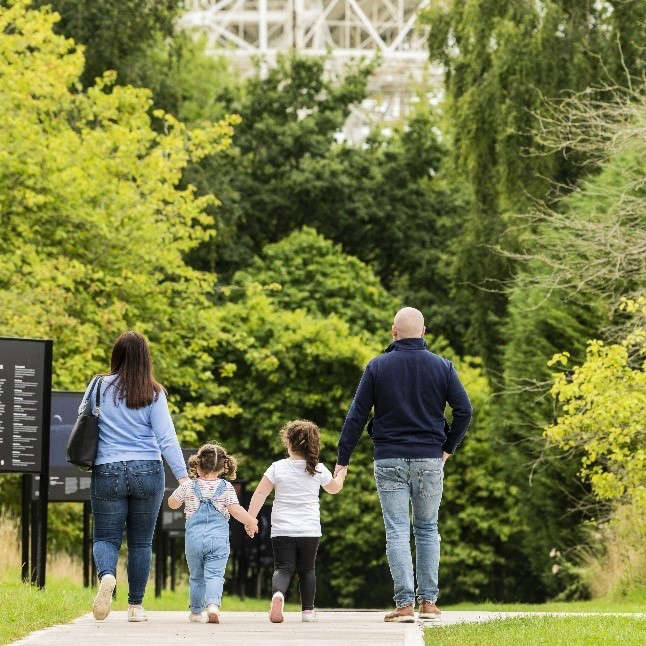 What's On At Jodrell Bank Over The Summer
What's On At Jodrell Bank Over The Summer
 By popular request Nantwich Food Festival runs the History Food Tours for 2025
By popular request Nantwich Food Festival runs the History Food Tours for 2025
 New veteran support project launches in Cheshire East
New veteran support project launches in Cheshire East
 Officers granted closure order for troubled property in Macclesfield
Officers granted closure order for troubled property in Macclesfield



Comments
Add a comment